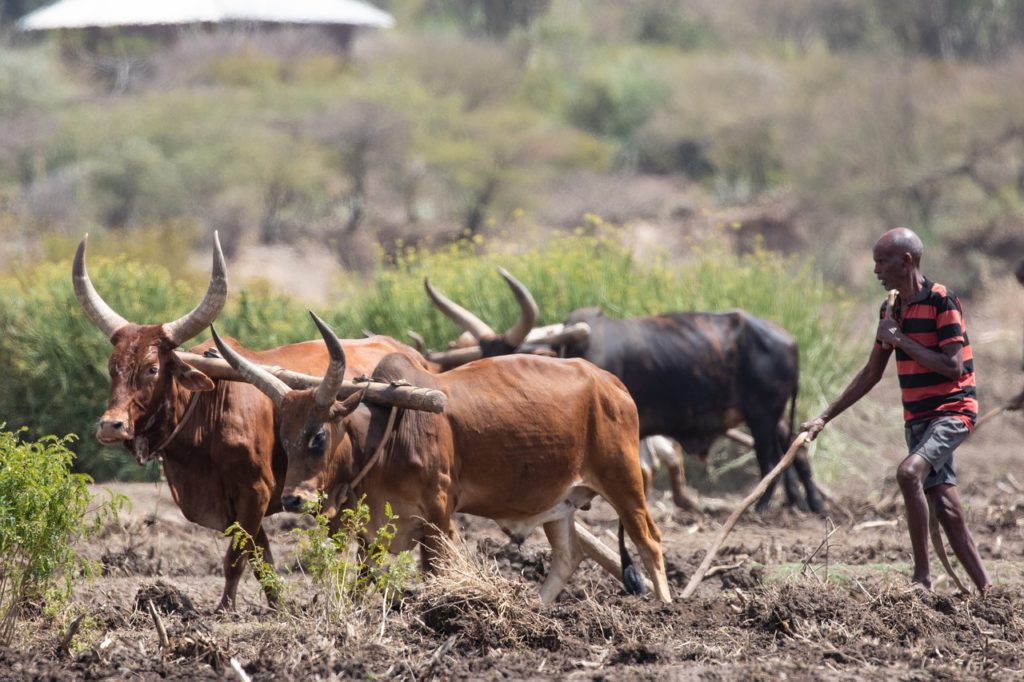
By Omasanjuwa E. Edun
MBA Alumnus
Prior to the onset of the current pandemic, developing countries were already at a disadvantage, with a significant proportion of their population at risk of being disproportionately impacted by the disease on account of living in poverty.
Like a tsunami, Covid-19 is sweeping across the globe, wreaking a trail of economic and public health disaster. While most developed countries were hit first by the public health crisis, the reverse appears to have been the case for most developing countries with the economic impact preceding. In Nigeria for example, the macro- and microeconomic effects of the crisis were felt much earlier than the public health shock. Out of fear of having their already weakened health infrastructure come under similar pressure to those of developed nations (with more robust health systems), several countries in the Sub-Saharan region rushed to emulate the lockdown measures being instituted by these nations. In failing to adapt their crisis responses to their unique circumstances however, these countries were pushed further into economic turmoil even before recording a single case.
Prior to the onset of the current pandemic, developing countries were already at a disadvantage, with a significant proportion of their population at risk of being disproportionately impacted by the disease on account of living in poverty. Using Nigeria as an example again, the country had been labelled the poverty capital of the world in the years leading up to pandemic, with 40.1% of its population categorized as poor and living on a daily expenditure of less than $1 (N 376.52). In absolute terms, this translates to approximately 83 million Nigerians (4 out of every 10) living under $1 per day (National Bureau of Statistics, 2019).
Furthermore, these populations are not only lacking in monetary terms, but they are also multidimensionally poor, experiencing deprivation in three key dimensions of poverty: living standards, education and access to health care. Nigeria’s multidimensional poverty index indicates that 51.4% of its population is multidimensionally poor, meaning that, of the 10 indicators across these three dimensions, 6 out of every 10 Nigerian were poor in at least 1/3rd of the indicators assessed, translating to a total of 98 million people. This means that more Nigerians suffer poverty across multiple areas, other than just income (United Nations Development Programme and Oxford Poverty and Human Development Initiative, 2019).
So why the fuss about this category of people since we know that Covid-19 disproportionately affects the elderly and people with underlying health conditions? Unfortunately, people living in multidimensional poverty often have lower access to preventive and curative healthcare services and are thus at greater risk of having undiagnosed medical conditions. Members of this group are also more likely to be experiencing social (overcrowded housing, unsafe work environments) and economic circumstances (low-wage, medium-risk jobs) that place them at increased risk of exposure to the virus. In addition, lower literacy rates among the poor may limit their ability to understand and follow guidelines on safe hygiene practices and may also encourage a tendency toward harmful ideas (such as the belief that the disease is only “for the rich”) that lead to erroneous notions of immunity to the virus. This group are also more likely to be negatively impacted by the economic effects of the crisis, as the combination of loss of sources of livelihood and lack of savings further worsen their already disadvantaged circumstances and prolong their ability to recover.
It is imperative, therefore, that the government of developing nations try to establish a balance between curbing the spread of the virus and guaranteeing the public their source of livelihoods without overwhelming an already broken health system. As seen in the case of Brazil which is now experiencing catastrophic transmission rates on account of its initial lackadaisical approach to handling the disease, current mitigation efforts are however not to be disregarded altogether. Rather, developing countries must take a broader view of poverty within their populations in formulating their responses to the crisis and apply nuance in adopting policies and approaches employed by developed nations.
Developing countries so far seem to have been dealt a good hand with respect to Covid-19 infection rates even as some other countries brace for a second wave of transmission. Nevertheless, as governments begin to ease lockdowns and transmission rates expectedly begin to spike, it is critical that all further measures to mitigate the disease be tailored to each country’s specific situation. As Nigeria cannot afford another widespread lockdown, the nature of our actions in the coming days will define the future impact of the pandemic on the country.
The views and opinions expressed in this article are those of the author and do not necessarily reflect the official policy or position of the University of Birmingham.

